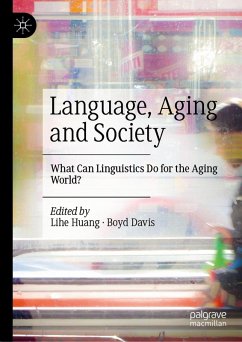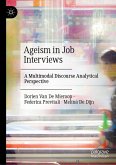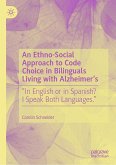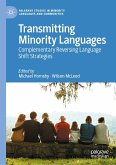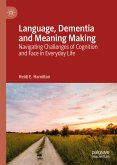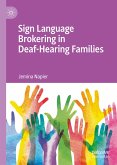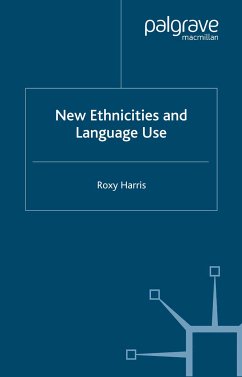Lihe Huang is Tenured Professor, Deputy Director of Office of Humanities and Social Sciences, and General Secretary of Research Center for Ageing, Language and Care at Tongji University, China. He has published widely in language aging and multimodal pragmatics and undertaken several research projects granted by different institutions. His current research interest is Gerontolinguistics, i.e. utilizing multifaceted disciplinary approaches to conduct fundamental research on linguistic behavior and cognitive pattern of older adults with dementia in China.
Boyd Davis is Bonnie E. Cone and Graduate Professor Emerita at the University of North Carolina at Charlotte, USA and visiting research professor at Research Center for Ageing, Language and Care at Tongji University, China. Her current work emphasizes two areas: the creation of dementia care scenarios for second language and immigrant healthcare workers as graphics in Mandarin, Vietnamese, Filipino, Latin American Spanish, Haitian Creole and several kinds of English; and the exploration of the use of social robots in activities expanding communication among persons living with dementia
Dieser Download kann aus rechtlichen Gründen nur mit Rechnungsadresse in A, B, BG, CY, CZ, D, DK, EW, E, FIN, F, GR, HR, H, IRL, I, LT, L, LR, M, NL, PL, P, R, S, SLO, SK ausgeliefert werden.
Hinweis: Dieser Artikel kann nur an eine deutsche Lieferadresse ausgeliefert werden.

